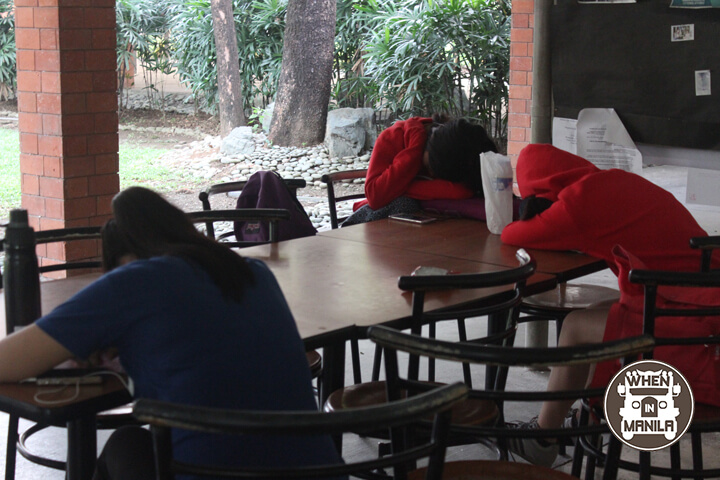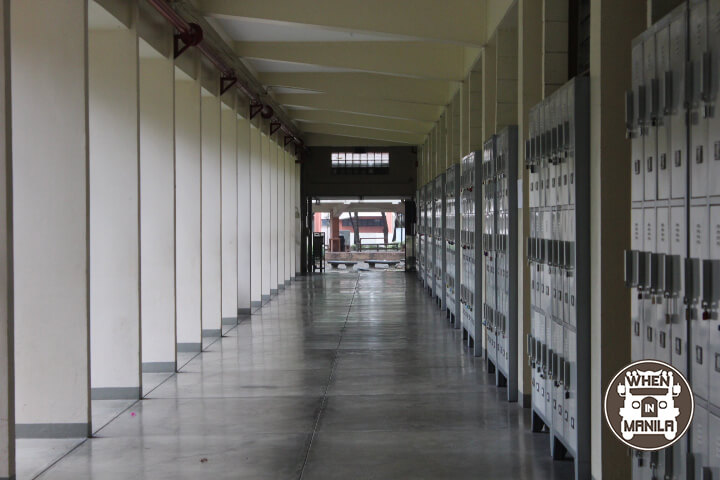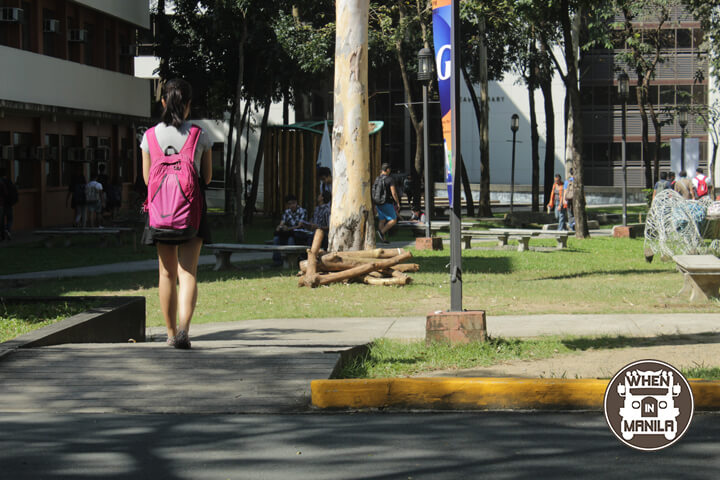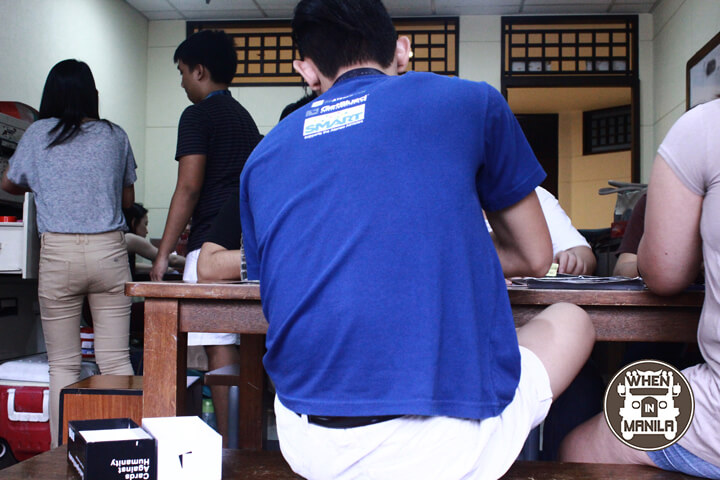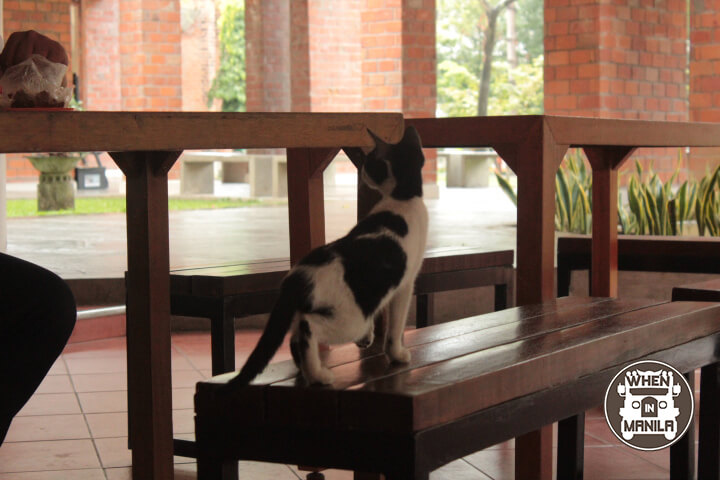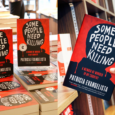Written by Leez Escalona
Video from Vantage Magazine
“It’s not easy being your own enemy.”
Vantage Magazine, the online magazine of the official student publication of the Ateneo de Manila University, released “Facing Mental Health” on June 8, 2016.
We get it. You’ve got a pile of readings to deal with, internship hours to finish, and friends you hardly see and talk to. The academe is not the place to be so gungho about a lot of things. You want to pass, and excelling is as tough as trying to get those Coldplay tickets without selling your organs; but listen. This matters.
We’ve all been in dark times in our lives. Hardly do our lives online or rare quick chats align with how we truly feel. We meet disingenuous people—students and professors alike. We have a diverse community of people who cannot or refuse to empathize with a serious issue and that, in and of itself, is troubling. Meanwhile, we project a version of ourselves online, actively hiding the worst yet most honest parts. It’s tough.
There has been an unsettling growth of suicide attempts in universities. Chalking it up to below or satisfactory grades is no longer a sensible rationale to these incidents. It may be what contributes to the spiral but is not the cause to why these cases begin. Debilitating self-esteem due to social media, injured self-entitlement, and the overused “overreaction” is in no way the cause to these issues.
Most universities have protocols when encountering a student or a faculty member who struggles or knows someone who struggles with mental health issues or disorders. Regardless, the problem is prevalent despite efforts to prevent and reduce these cases. They aren’t quite due to the lack of availability and credibility of facilities and counsellors. The problem can be as upsettingly close as the people we are exposed to on a daily and can very well be ourselves.
One student says, “everything is streamlined in Ateneo. That is, things just happen because the admin set it up and it’s expected of you. Really, it may not be (one of) the biggest issues, but then it’s the small things that get to you, in the end. For all the talk of cura personalis, it’s just not there – not where it counts. Lots of teachers just doing their own thing, lots of students just doing their own thing, it’s rare to see people who care.
Professors who expect too much murder their students and fail themselves; students who do too little just lie there and take it. Really, all the ‘caring’ talk feels like going through the motions – and in the end, it’s a daunting thought, the apathy. No one cares, everyone just wants to be done with it. I, myself, have extremely lowered standards – from an achiever who prepares and does the utmost to ensure good results, to someone who never cares past passing the course – and I think it’s a sort of learned helplessness for students.
Everything’s the system or the sheep, and even among friends it’s hard to find truly accepting people. And what bothers me now, I suppose, is that this passive, resigned answer here reflects my statements; “This is horrible, but whatever, let’s just move on and forget about it.”“
When asked about the difficulties they encountered when faced with their diagnosed mental disorder, a student wrote, “One prof even told me “don’t use your sickness as a crutch.”
More than anything, empathy and presence are important—despite the lack of room for it in any academic institution due to its restless nature. The dichotomy between accepting people from apathetic and disruptive people aggravate the persistence of mental health issues. “If anything,” one student said, “the admin does what it can to keep the people in the institution as sane as they can be. Unfortunately, we find as much understanding and caring students and faculty as we find toxic ones.”
Another student mentioned, “I think what helped me the most to deal with those instances was the general culture of acceptance in Ateneo, from both students and most profs. Although the stigma is still there, there were many channels where I could get help like from the Bulatao Center in Bellarmine for therapy (free of charge when I was still a student), guidance office for advice with coming up with strategies and habits to deal with my symptoms, and ADSA when I couldn’t afford them when I was in fourth year.”
Persistent stigmas and apathy add fuel to the problem (and the problem is not that the condition exists but that the condition is poorly handled.) People snicker and joke about it as much as they file serious conditions of clinical depression as overreaction. We widen gaps between each other by gossiping about personal stories while listing off people you know who knows a friend who has a relative that has [insert issue]; we get too wrapped up in our own bubble of academic requirements and org work; and. we sometimes just don’t care at all—excusing ourselves with not having time for “drama”. We’ve just made being a decent human being ten times harder than it really should be.
Well, it’s not a game. We’re dealing with lives. The more we talk about it, the less we give power to the stigma. This part of the article may come off forced but stick with me. The Guidance office have stopped giving out tests that leave students feeling disheartened. Guidance Tests have been personality tests that show students the skills and talents they’re great at—our strengths. We’re all happy they scrapped the grim tests but that’s not everything they’ve got.
The Office of Guidance and Counselling in Ateneo is getting an upgrade and here’s what up and coming:
- Their keeping the feeding programs for hell weeks
- Who would say no to free food?
- They’re working on creating support groups
- Orgs are great but something that doesn’t entail a membership fee would be awesome. Confidentiality is kept in these groups.
- Pet therapy will be a thing. I repeat. Pet therapy will be a thing.
Let’s fight for the people who no longer can, for the people who took what they had and could’ve had; and for the people who hide behind paper skin masks wishing the next person who manages to look them in the eye doesn’t see through the hell inside. Let’s keep fighting until we stop hearing, “I didn’t think he/she would.”
As a student said, “My advice would be to always remind yourself that although you can never change some people’s stigma on mental health issues. There are always allies in our fight. Never be ashamed of asking for help because your health comes first.”
Another added, “we have free hug days; we have free therapy sessions in Bellarmine; and we had a feeding programs held by the guidance last year for students skipping out on meals during midterms and finals week. We even have Bring Your Own Dog Day by BOx. Everyone is trying to extend their help whether it is wanted, needed, or neither. All you’ve really got to do is muster the courage—that’s the hardest part when you’re fighting yourself.”
Read more about Mental Health here. If you need help or know someone who does, you can contact Hopeline at (02) 804-4637; 0917-5584673; and 2919 for Globe and TM subscribers. Lines are open 24/7.

